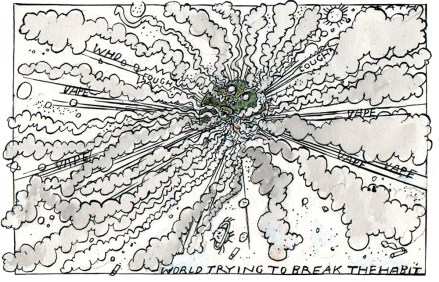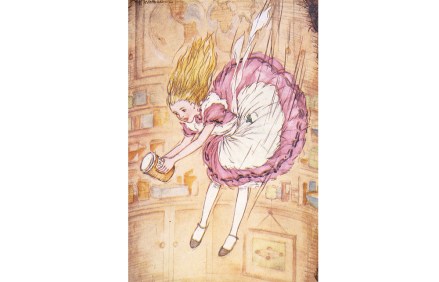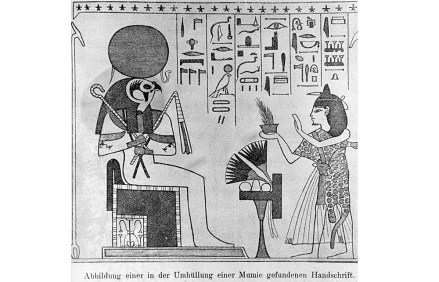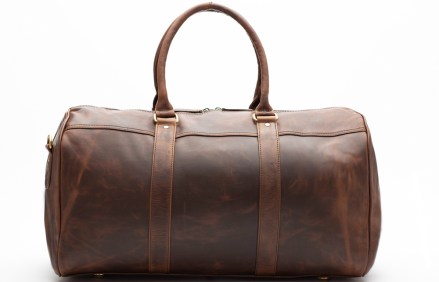A condensed history of ‘vape’
Last year, Oxford Languages’ word of the year was goblin mode. Apparently 300,000 voters decided upon it, but I haven’t heard anyone use it. It rocketed into view after someone posted online a fake headline about the break-up of Julia Fox and Kanye West after a month together. ‘He didn’t like when I went goblin





















